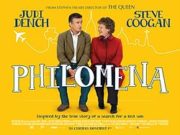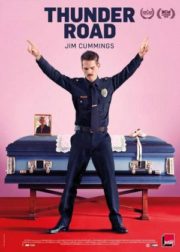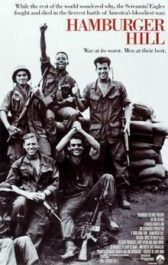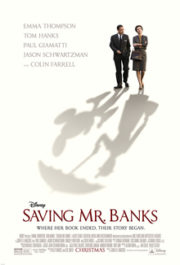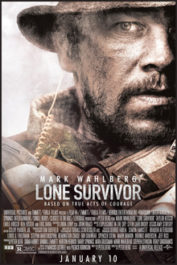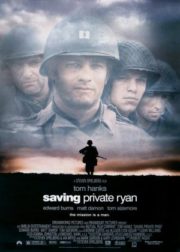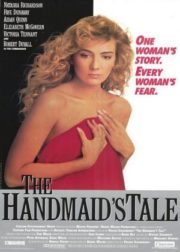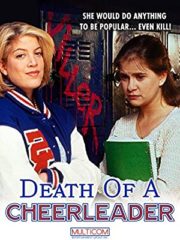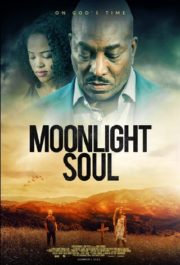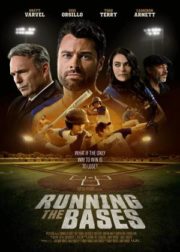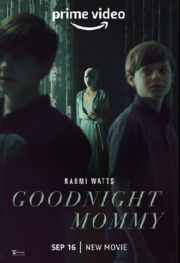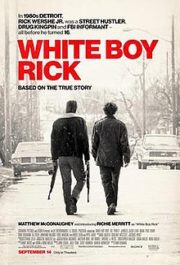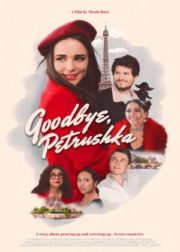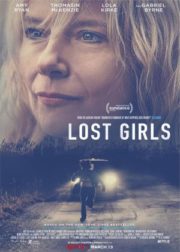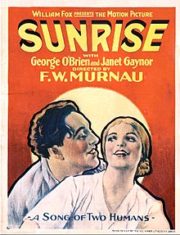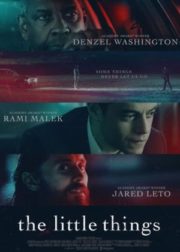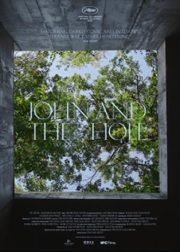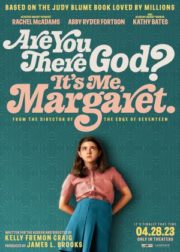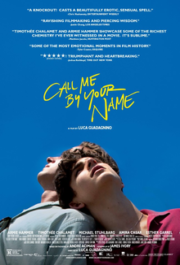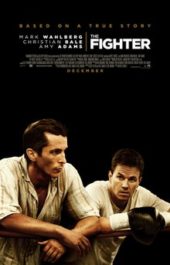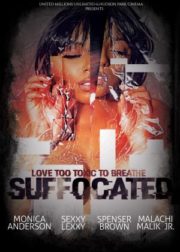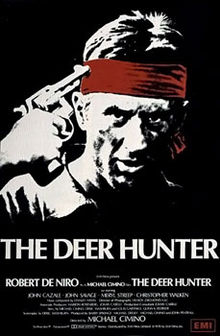
Submit your review | |
I finally took some time to see this movie, and even though I missed some parts especially at the beginning, I have to admit that I enjoyed it and can now understand why the movie is highly rated.
This is a masterpiece in cinematic terms. This is probably the most intense and emotional movie ever made about American life in the later part of the 20th Century.
The three parts which comprises of a war, a wedding and the return of Michael were perfectly pieced together to make a movie so good and unique I wouldn’t mind watching again for the umpteenth time.
This is one movie from the late 70s that you have to watch if you haven’t done so already.
The Deer Hunter (1978)
Dir. Michael Cimino
Review By James O’Donnell
In 1975, the United States finally pulled out of Vietnam, ending the war that had been raging on since two decades prior. In these two decades, the public had become so increasingly aware and agitated towards the situation that, by the time it all came to a close, the war had become such a heavily embedded aspect of the public psyche - making it only a matter of time before it was subsequently integrated to pop culture. Throughout the 1980’s, American cinema would become so well acquainted with the Vietnam war that it would have been tricky to find a Hollywood film that bore no mention of it. But, before Kubrick’s ‘Full Metal Jacket’ (1987),‘Platoon’ (1986) and, of course, ‘Apocalypse Now’ (1979) amongst many, many others; ‘The Deer Hunter’ was the first real, major, film on Vietnam. Of course, films like 1977’s ‘Rolling Thunder’ and ‘Coming Home’ (released earlier on in ‘78) dealt with characters returning from war and the baggage that accompanied it but none of those saw the success and significance Cimino’s second directorial outing did. When you’re film is huge enough that it sends it’s classical guitar theme to number one in the charts and keeps it there, you know that you have stepped into the realm of cultural phenomena. The public for the first time were exposed, not only, to the cost of life and limb overseas, but the loss of innocence, sanity, and sense of belonging in the country you had risked your life to protect.
The first thing to note about The Deer Hunter is it’s runtime, cutting just above the three hour mark, the film effectively uses the time to immerse you until you feel like a resident of the small working class town of Clairton, Pennsylvania. You are drawn increasingly closer to the characters and increasingly familiar with the relationships and conflicts between them that results in a perfectly struck balance of subtlety whilst remaining also in the forefront of you mind while watching; leaving you constantly reacting to each incident in a ‘what will this lead to?’ kind of way. The time spent developing all this may reach a point of boredom for some and a lot of it does feel slightly wasted at times, but the three hours passes in a more than engaging way.
While life back home in the states is all presented well and good, the main focus of a Vietnam war film is, Vietnam. Cimento was insistent on using Thailand to film the Vietnam sequences for the highest level of realism possible (next to actually filming in Vietnam which was still a big no-no at the time), driving the budget up from $7 Million to $15. The cost was more than worth it though as the look is incredibly authentic. Not much is really explored or seen to begin with, it’s no sprawling Apocalypse Now that spans miles and miles, it’s very focused and streamlined and incredibly done. Specific scenes of tension and desperation in Vietnam have to be some of the most compelling and thrilling heartstopping moments I have witnessed within the war film genre. The desperation of the characters you had seen only just a few minutes prior as having only a slight overhanging shadow above them, now covered in blood with their life teetering on a tightrope. All of a sudden the hour we have spent at home slowly coming to grips with their day to day life and relationships with the small community around them are no longer charming and are now weapons with which the film uses against you to force you into the realisation of just what was at stake.
Most infamous of these moments are those depicting the various Russian Roulette sessions , if you have heard anything about the film it will probably have been about those, and for good reason. They get your pulse racing and your breath tripping over itself in your throat as all you can do is sit in anxious anticipation before the screen. They are horrible to watch but that is what makes them so remarkable.
A common aspect of these 1970’s epics is the beauty of them, The Deer Hunter betrays this expectation, the quaint hometown of our protagonists and their time in combat are captured in such purposefully horrible ways that enhance the discomfort one may feel watching them, whilst the short times up in the mountains hunting deer back home in Pennsylvania are captured with such haunting beauty, we start to really understand what the film is getting at. The Deer Hunter set a new standard for anti-war protest films and it did not achieve this through being subtle with it’s intentions. Vietnam makes you squirm, Clairton makes you miserable, suddenly the lack of belonging all three soldiers adopt in their time abroad are visualised to us in a way that drives the horrible warning deeper and deeper into your chest like a stake.
The arcs and developments these characters face are also all incredibly detailed and done with great care. Even the seemingly most insignificant side character develops over the 3 hour runtime. The fates the characters must deal with and, most importantly, accept, are all tragic and deeply moving. Surprisingly, with no actual war vets being interviewed in the writing of the film’s screenplay, all aspects of post-war life for these damaged souls are represented and encapsulated so perfectly.
Perhaps the best thing the film has going, though, is it’s performances. Starring such acting greats as Robert De Niro, Christopher Walken (who won an Oscar for his role here) and John Cazale who’s limited acting career meant that every film he performed in were also all Best Picture winners, and Meryl Streep, perhaps the pinnacle of recognition for performance in the popular cinematic world. Everyone is natural, real and so incredibly human that it’s easy to forget you are watching actors perform and not just life unravel before you. Subtle things happen that you would not expect to see in a film, and feel slightly clumsy and out of place at first, you later realise are what you expect to see happen in reality. The genuine vulnerability of everyone just makes their experiences even more heart wrenching to watch.
So far I have given a very flattering stance on the film, so are there any negatives? No film is perfect and, sure enough, some minor issues are to be found in the nooks and crannies of this intimate epic. As mentioned before, the film lacks a certain subtly you would expect from a film, sometimes reading a level of hamfistedness that can often distract the audience. The Deer Hunter is, also, no stranger to self indulgence, going on a little longer than may actually be necessary in some areas, I understand that watching these war-torn characters return to society is important and a key aspect of the film, but the third act did feel a little meandering and unimportant. The score also, is very scarcely used which is, in itself, not a real flaw - leaving the audience with just the natural ambience of a scene can often be infinitely more effective than even the greatest film score - but the moments where a score does creep in, it’s very flat and unimpressive, very much of the times and kind of abrupt and clumsy at times, it can get pretty distracting at times.
In the end, The Deer Hunter is one of the most culturally significant films on the Vietnam war there is, the path had been set for future exploration into this segment of history in cinema and it set it in a way that would highlight a new growing maturity in cinema when approaching war. The United States National Film Registry by the Library of Congress even considered it as ‘culturally, historically [and] aesthetically significant’ and that is no exaggeration. If the Vietnam War is an area of cinema you enjoy or have not yet explored, this is very much a gold standard for the genre but, even with that aside, it is a haunting and beautiful take on the human condition and the dehumanising effects of war, it’s message may have been nothing new and hamfisted, but god damn is it important.

